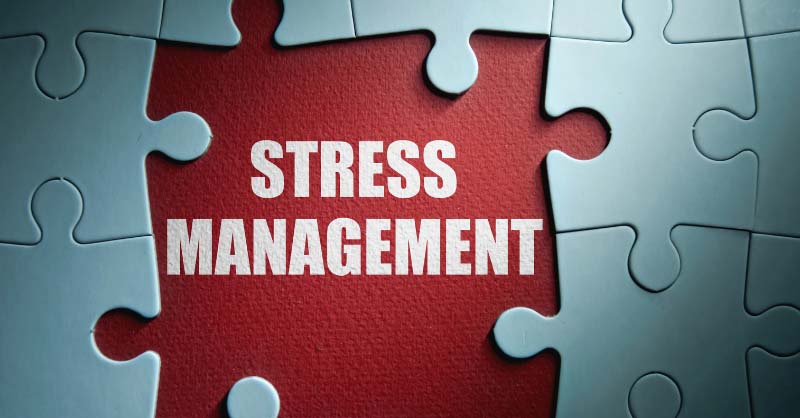A version of this article on managing stress appeared in the very first edition of my ezine. To mark the 200th edition of Next Steps, I’m sharing it again. It’s as relevant now as it was back in January 2005.
Life and work are more stressful today than ever. Technology and gadgets that were supposed to make life easier have only made it faster. Some stress, known as eustress is positive. Eustress fuels ambition and generates satisfaction when challenging objectives are achieved. Negative stress occurs when the demands of a situation, real or imagined, exceed our ability to cope with, or control that situation.

How do you know if stress is an issue?
Symptoms of stress include problems sleeping, anxiety, difficulties concentrating, and irritability. Physically it can include back or shoulder pain, heart problems, and a depressed immune system. Behaviourally, substance abuse, using alcohol regularly to relax, bullying, and excessive anger are symptoms of stress.
In the workplace, underlying stress is evident in high rates of absenteeism, high staff turnover, poor time-keeping, bullying, and low levels of motivation.
There are many causes of stress in the workplace. Work overload, having responsibility for others, a poor working environment, low levels of control over your work, poor communication, limited or no support, a lack of training and guidance, on-going change and uncertainty, and challenging relationships with colleagues. The commute to and from work can also be added to this list.
These questions help to highlight the possible causes of stress in organisations.
- Do staff know what is expected of them?
- How healthy is the work environment in terms of space, tidiness, cleanliness?
- Do colleagues suffer from conflicting demands or a lack of clarity about priorities?
- Are some staff members suffering from work overload whilst others are underutilised?
- Is there adequate job training?
- Are employees anxious about employment status or changes that are taking place?
- Do staff know when they are doing a good job? (Who tells them and how often?)
At a personal level, if you feel you are suffering from work-related stress we have to delve into our reserves of courage and seek to make some changes before change is forced upon us.
5 practical ways to manage stress

Resist attempting to control the uncontrollable
Take an objective look at the issues you are responding to in a stressful way. We always have a choice about how we respond to stimuli. Focus on what you can control, including your response to the uncontrollable!
Know what’s really important
Distinguish between what is really important to you in the bigger scheme of things and the trivial issues that you are allowing to bug you and which over a period of time will be forgotten.

Exercise
Exercise increases blood flow to the brain, stimulates the nervous system and produces endorphins that positively affect how we feel. Even a quick walk around the block at lunchtime will make a difference.
Stop trying to be perfect
Trying to do everything perfectly creates stress. Aim to do your best, but if it is good enough, it is good enough!

Remember to breathe
When we are stressed our breathing is high and fast in our chests. Consciously lower and slower your breathing.
If you enjoyed this post then do check out my podcast episode titled Do you need a rest?
To ensure you don’t miss any of my updates make sure you join my community below to receive my monthly ezine next steps.
Best wishes
James


0 Comments